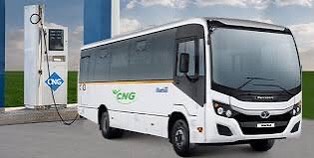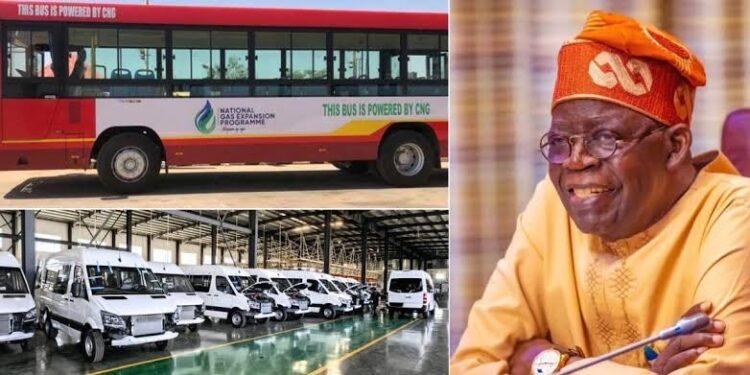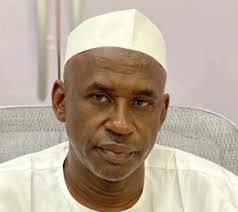An assessment was conducted by a team from the Presidential Initiative on Compressed Natural Gas (P-CNG) to evaluate the capabilities of major manufacturing partners involved in the federal government’s push to increase the use of CNG vehicles and electric cars.During a recent visit to the Mikano car assembly plant in Ogun state, the Programme Director/CEO of the Presidential CNG Initiative, Michael Oluwagbemi, highlighted Mikano’s commitment as one of the manufacturing partners in producing CNG-fueled vehicles to support the government’s transition to CNG automobiles.Oluwagbemi emphasized that utilizing gas, as seen at the Mikano factory, aligns with the President’s vision for gas utilization.

He reiterated that CNG operates efficiently and cost-effectively despite skepticism among some Nigerians.Highlighting collaborations with other manufacturers, Oluwagbemi mentioned ongoing efforts in Victoria Island and Lekki, with upcoming inspections of CNG tricycle assembly facilities on the Lagos-Badagry Expressway on May 30. Additionally, plans for Electric Vehicle (EV) manufacturing for trailer trucks in the following month were disclosed.Mikano International Chairman, Mofid Karameh, expressed support for the government’s initiative of promoting CNG and electric vehicles to a wider audience.
Karameh noted the increase in gas usage following the fuel subsidy removal, contributing to foreign exchange savings for the nation. The expansion of Mikano’s operations across the country was also underscored to enhance accessibility to CNG buses in support of the government’s agenda.Karameh envisioned a substantial portion of their vehicles transitioning to CNG within the next six months, drawing parallels with other countries like Egypt, Pakistan, and Italy where CNG usage has been prevalent for years. He emphasized the eco-friendly and cost-efficient benefits of CNG vehicles.Stressing the importance of self-reliance, Oluwagbemi highlighted Nigeria’s vast natural gas reserves and advocated for their utilization in industrialization. He encouraged confidence in Nigerian capabilities, drawing comparisons with other successful nations in transitioning to new technologies and emphasizing the importance of supporting domestically produced goods.
The commitment to utilizing Nigeria’s gas reserves for various sectors, including transportation and industrial applications, echoed the government’s strategic direction towards self-sufficiency and sustainable development. The ongoing efforts to bolster confidence in the government’s initiatives were emphasized, underlining the need for continued progress in promoting CNG adoption.
The media was acknowledged for its role in raising awareness, with a call to action for a collective effort in advancing the nation’s gas agenda. The progress made so far, including the proliferation of CNG refueling stations, was noted as a positive step in the long journey towards achieving a sustainable CNG-based ecosystem nationwide.




































